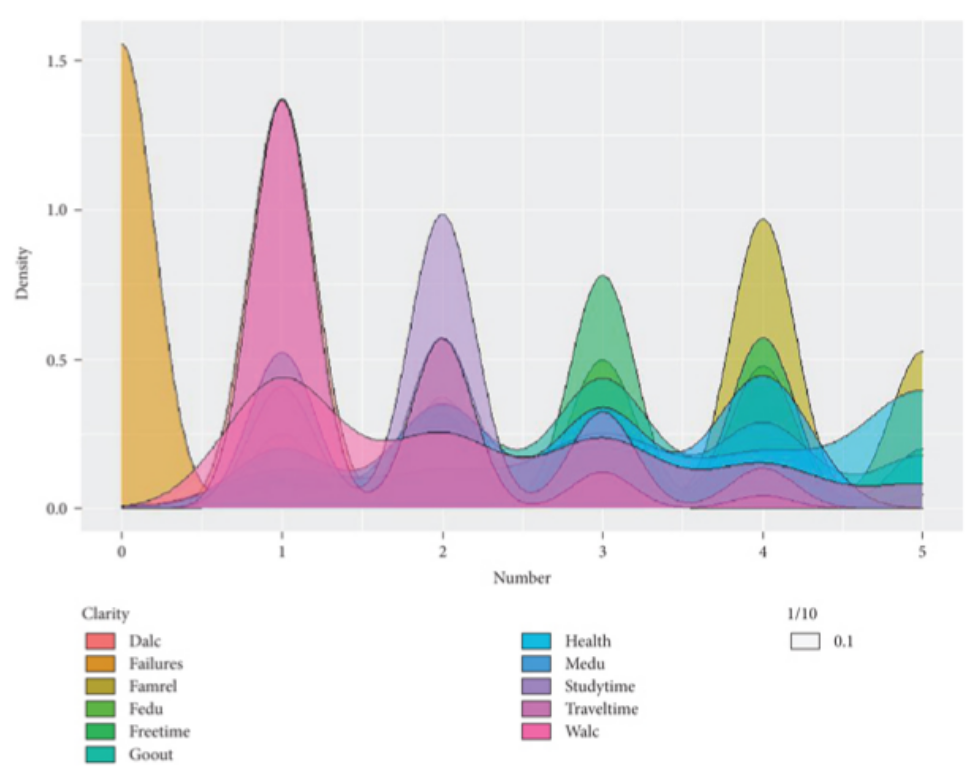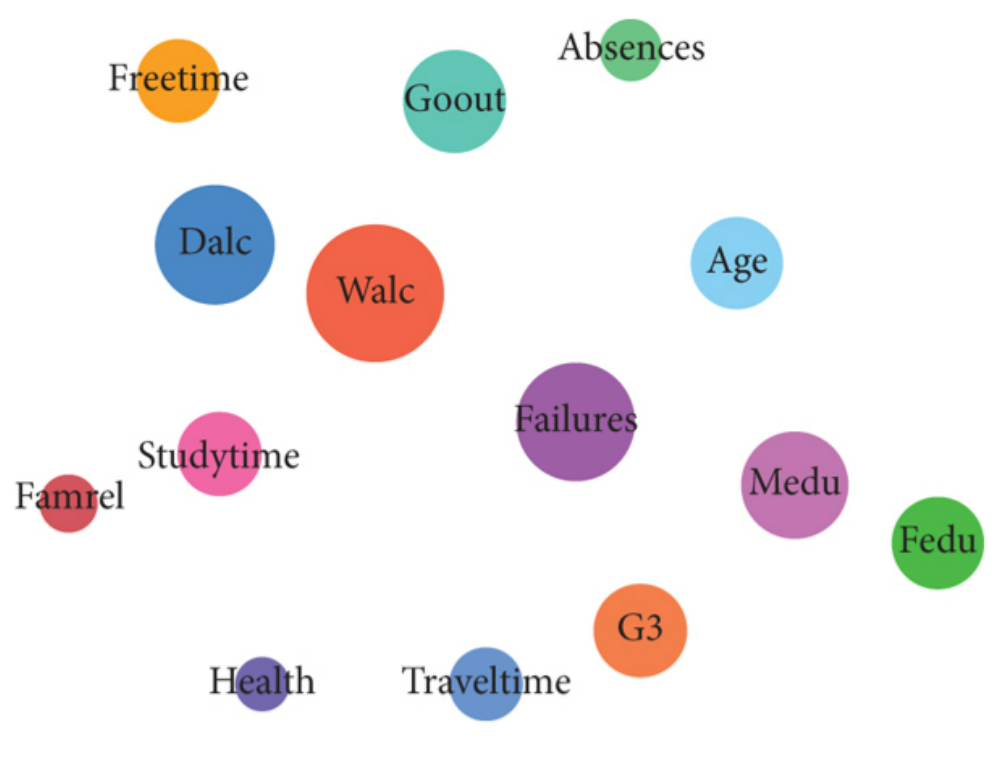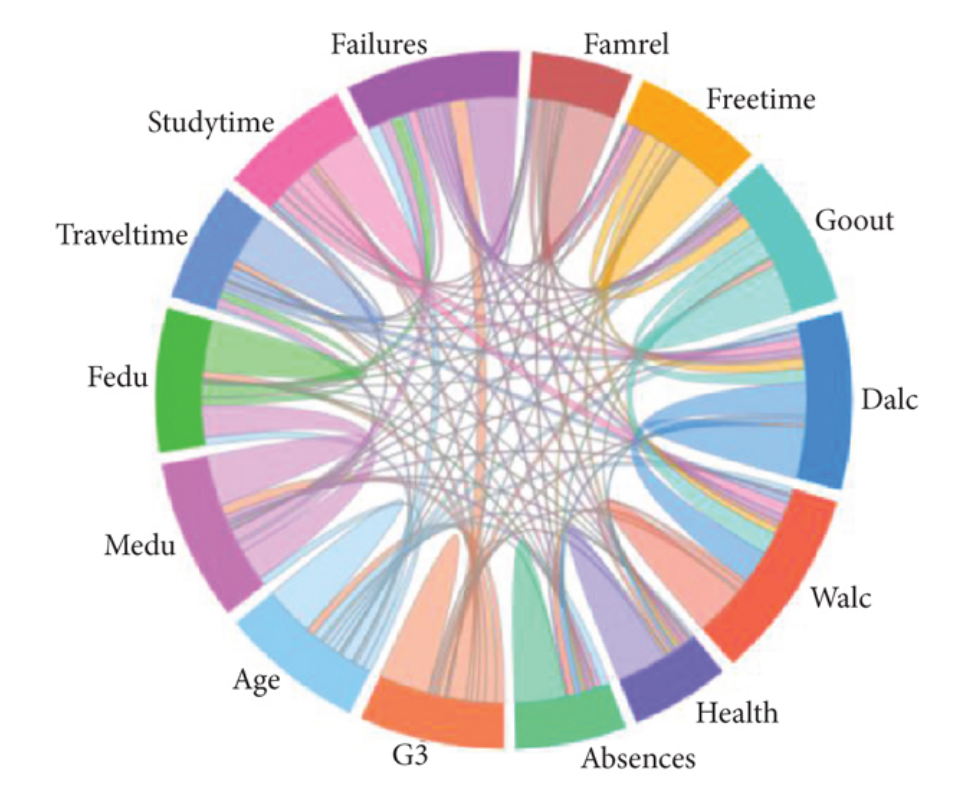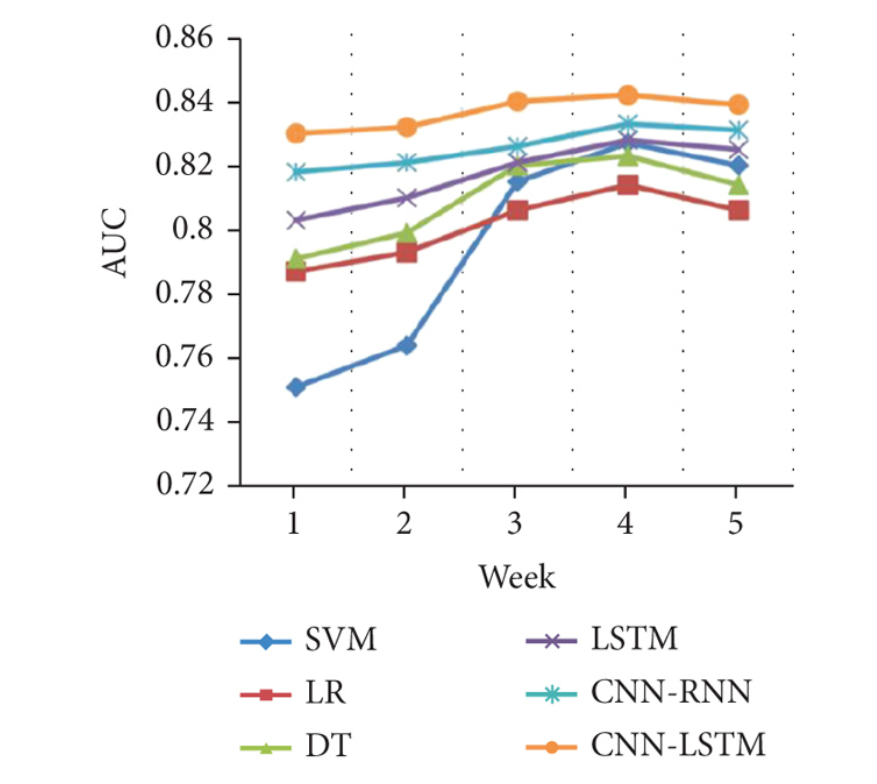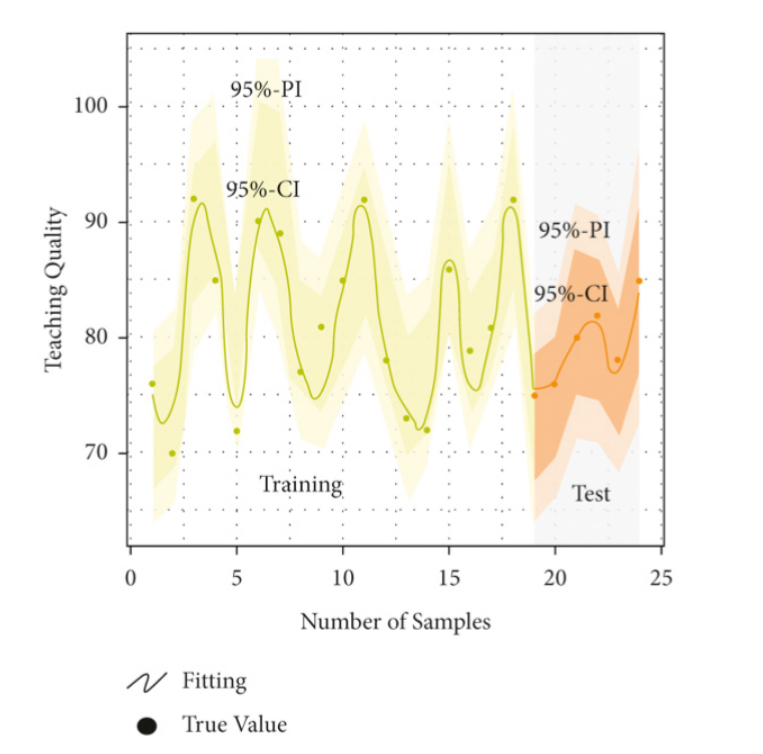 An open access journal
An open access journal
Online Professional Development for Educators: Lifelong Learning for Teachers
Abstract
Online professional development for educators has emerged as a powerful means of promoting lifelong learning and enhancing teaching effectiveness. This paper explores the significance of online professional development, emphasizing its role in equipping teachers with new skills, knowledge, and pedagogical strategies. It delves into the principles and key components of effective online professional development, including personalized learning pathways, collaboration, and evidence-based practices. The discussion includes the benefits of online professional development, such as increased teacher retention, improved student outcomes, and flexibility for educators. Moreover, the paper addresses the challenges and considerations in implementing online professional development, including the need for quality content, ongoing support, and the recognition of teachers' diverse needs. Through a review of empirical studies and case examples, the study highlights the positive outcomes associated with online professional development for educators, including enhanced teaching practices, professional growth, and adaptability to changing educational landscapes. The conclusion offers recommendations for educators, administrators, and policymakers interested in leveraging online professional development as a means of promoting lifelong learning and excellence in teaching.
Share and Cite
Article Metrics
References
- Darling-Hammond, L., Hyler, M. E., & Gardner, M. (2017). Effective Teacher Professional Development. Learning Policy Institute.
- Desimone, L. M. (2009). Improving impact studies of teachers' professional development: Toward better conceptualizations and measures. Educational Policy, 23(5), 1-43.
- Guskey, T. R. (2002). Professional development and teacher change. Teachers and Teaching: Theory and Practice, 8(3), 381-391.
- Inan, F. A., Lowther, D. L., Ross, S. M., & Strahl, J. D. (2010). Pattern of classroom activities during students' use of computers: Relations between instructional strategies and computer applications. The Journal of Educational Research, 103(4), 222-233.
- International Society for Technology in Education (ISTE). (2017). ISTE Standards for Educators. Retrieved from https://www.iste.org/standards/for-educators

